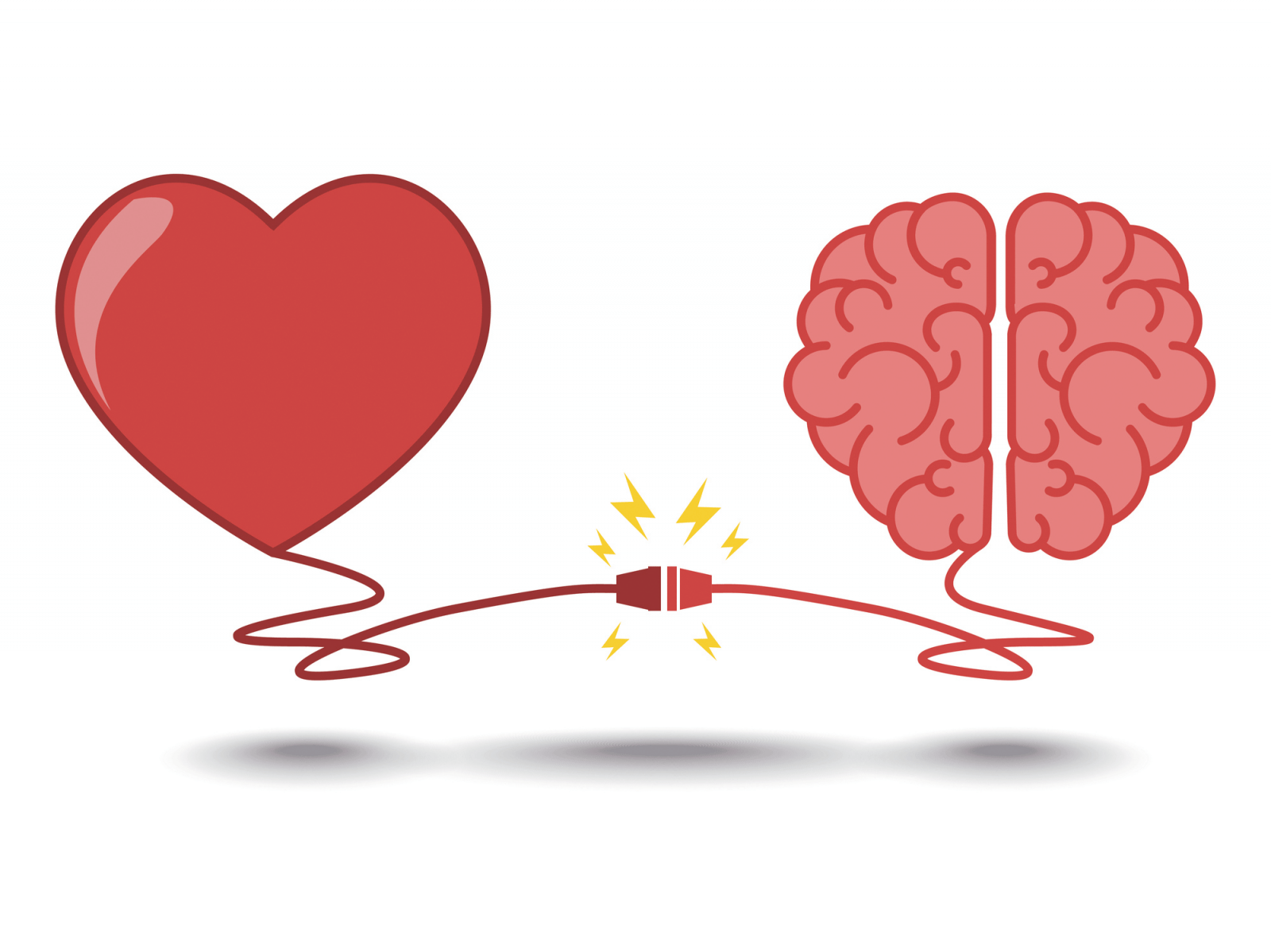Mental health is an important component of the overall health of an individual. It involves a combination of psychological, emotional, and social well-being. Benefits of good mental health include reduction in stress and anxiety, clearer thinking, improvement in moods and inner peace, reduced chances of depression, etc.
Relation between Mental Health and Heart
Research has shown that mental health is related to the health of the heart. According to Dr Ramji Mehrotra, cardiovascular health is negatively affected by negative psychological factors and mental health disorders, while positive attributes make a positive impact and can lower the risk of cardiovascular disease and death.
Negative psychological conditions like chronic stress, anxiety, and depression can cause harmful biological responses such as irregularities of heart rate, increased blood pressure, and reduced blood flow to the heart. Smoking, unhealthy diet, obesity, lower levels of physical activity, etc. all negatively impact psychological health apart from directly influencing the heart negatively which in turn is connected to heart disease. To improve mental and psychological health, stress reduction therapy, meditation and exercise are recommended.
On the other hand, people with positive psychological health are likely to have lower blood pressure and lower cholesterol. Consequently, they are at a lower risk of developing cardiovascular disease. Health behavior that is likely to increase positive psychological health includes consuming healthy food, physical activity, regular health screening, and check-ups, etc. apart from stress reduction therapy including meditation.
Adopting a Healthier Lifestyle for Healthy Mind and Heart
While the risk of developing cardiovascular and heart diseases is high if a person has a mental health condition, the positive news is that it can be reduced with appropriate changes to one’s lifestyle. These steps towards improving both the body and mind include:
- Be physically active: Physical activity boosts mental health by releasing chemicals into the brain that reduces depression and anxiety. It also ensures better sleep, less stress, and higher energy levels, etc.
- Consume a healthy balanced diet: Eating a balanced and healthy diet is essential for mental health along with physical health. A healthy diet controls not only weight but also BP and cholesterol levels which reduce the risk of heart disease.
- Stop smoking: Though smokers may think that smoking reduces their stress, in reality it increases stress, tension, and anxiety. It also leads to a high risk of lung cancer and all other cancers as well as heart and circulatory diseases. Hence, it is essential to cut down on smoking and eventually stop it altogether. Infect tobacco in any form is injurious and should be avoided.
- Reduce alcohol: Alcohol is a depressant and affects the mood and mental state of a person. People consuming large amounts of alcohol lose control of their feelings and can become angry, aggressive, anxious and depressed. It can also cause several other health issues.
- Other activities: Mental health can also be improved by taking up several activities such as adopting spirituality and meditation, improving social relationships, expressing gratitude, practicing kindness, cultivating optimism, etc.
Conclusion
It has been observed that people with mental health issues like stress, anxiety, and depression may experience physiological effects like increased cardiac activity and reduced blood flow to the heart. This may lead to abnormal calcium build-up in the arteries and heart disease. Hence, it is very important to maintain positive mental health by adopting a healthy lifestyle with physical activity, proper diet, stress reducing activities, meditation, cultivating hobbies, feeling good and avoiding smoking, tobacco etc.
Dr. Mehrotra’ says that along with taking care of physical conditions such as blood pressure, diabetes, cholesterol levels, etc., the negative aspects of mental health must be monitored and addressed regularly to reduce the incidence of heart disease in patients.

